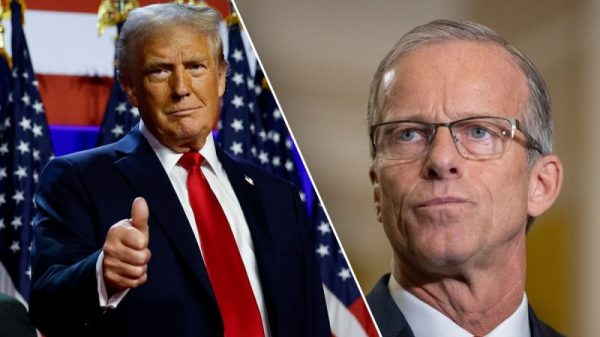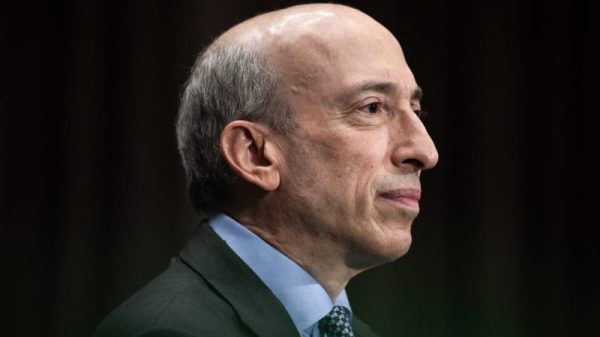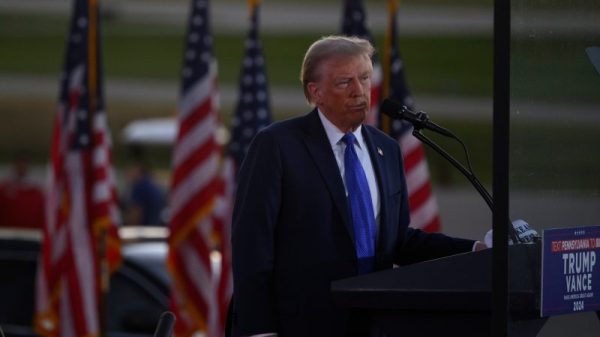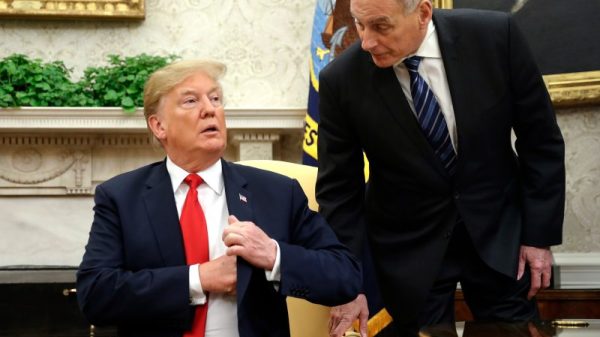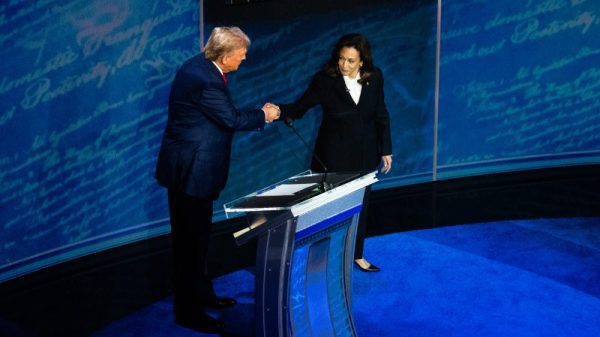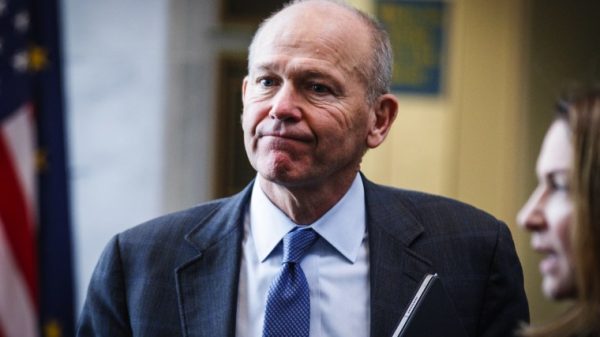 The ‘funflation’ effect refers to the current trend where Americans are increasingly choosing to spend their discretionary income on experiences such as travel and entertainment, rather than on tangible goods or save the money. This shift in spending behavior is fueled by several factors.
The ‘funflation’ effect refers to the current trend where Americans are increasingly choosing to spend their discretionary income on experiences such as travel and entertainment, rather than on tangible goods or save the money. This shift in spending behavior is fueled by several factors.
Firstly, after enduring periods of lockdowns and travel restrictions due to the COVID-19 pandemic, many people are now yearning for new experiences, adventure, and social interactions. As restrictions ease, individuals are prioritizing vacations and excursions over other forms of spending.
Secondly, the growing emphasis on mental health and well-being is prompting people to invest in experiences that bring happiness and reduce stress, such as traveling, dining out, or attending concerts or plays.
Thirdly, the impact of social media is also a significant driving force. People are constantly exposed to pictures and videos of exciting experiences from around the world, which influences them to seek out new experiences for themselves.
Finally, many consumers have come to understand that experiences, not things, lead to greater and longer-lasting happiness. They prefer creating memories that last over buying items that might be used up or become obsolete.
Thus, the ‘funflation’ effect suggests a change in the spending habits of American consumers from materialistic possessions towards intangible experiences.







